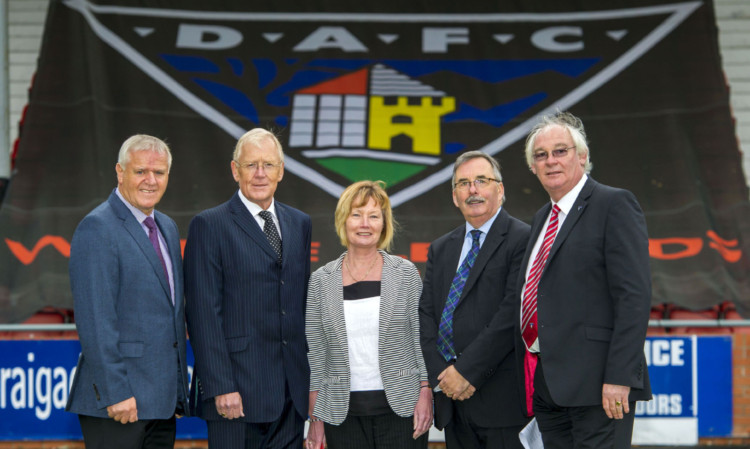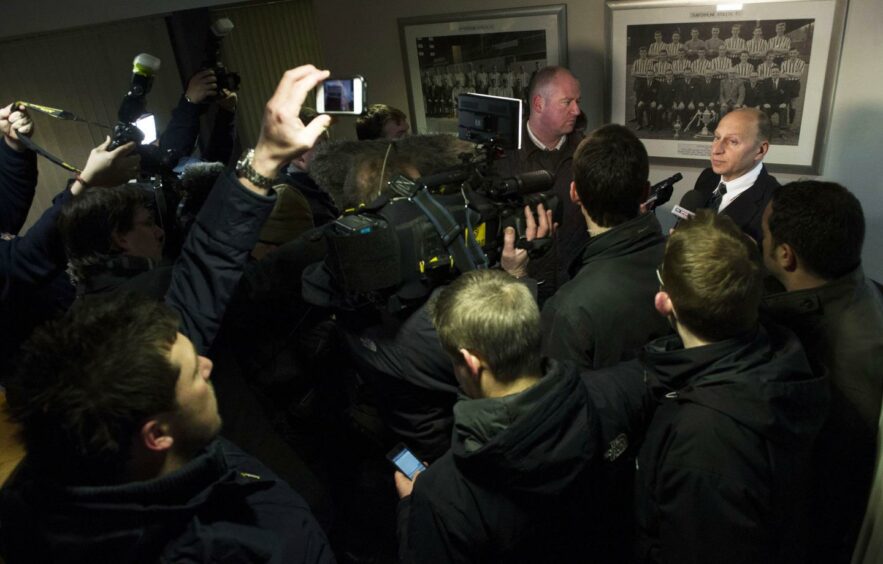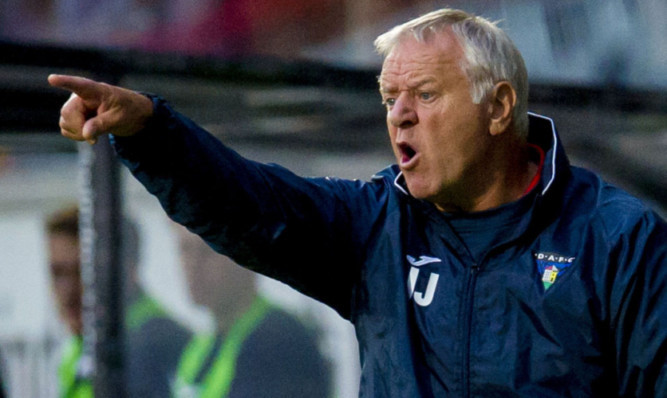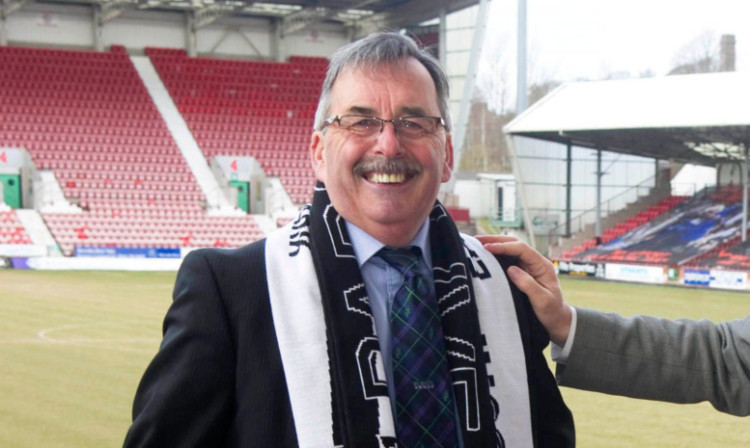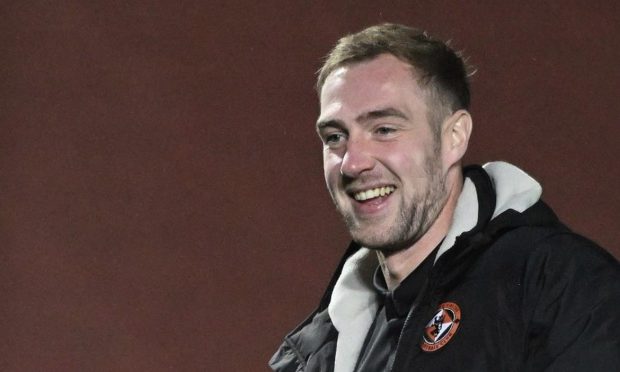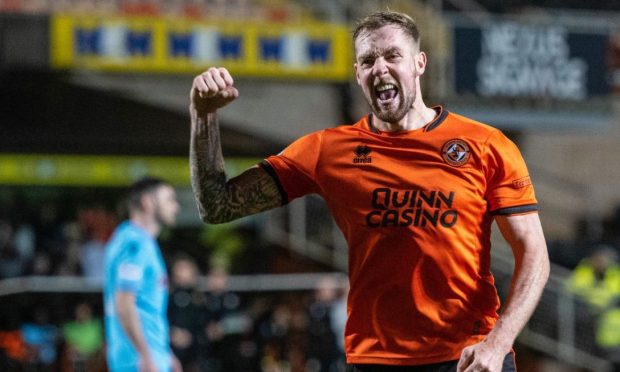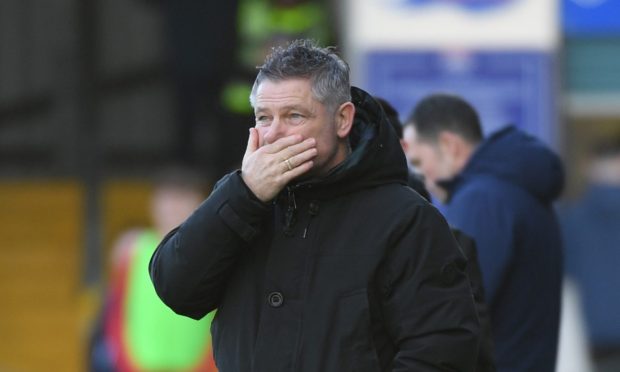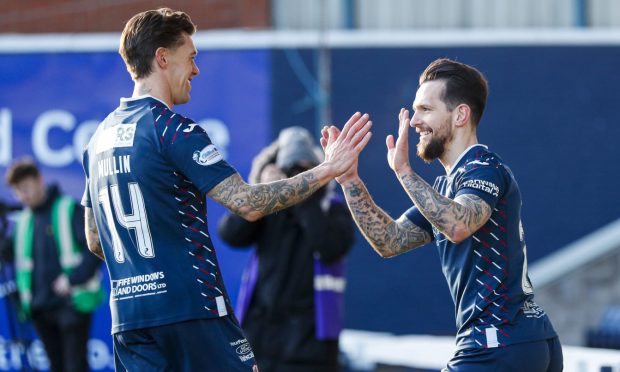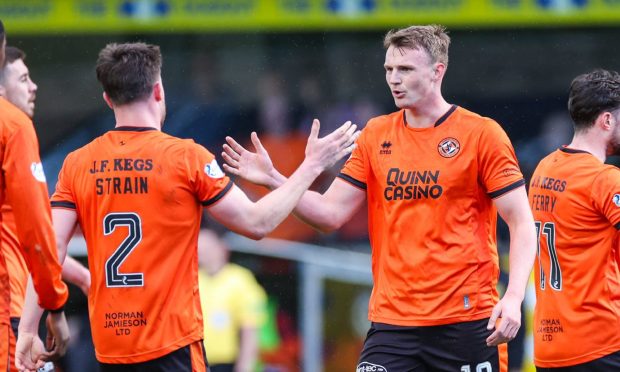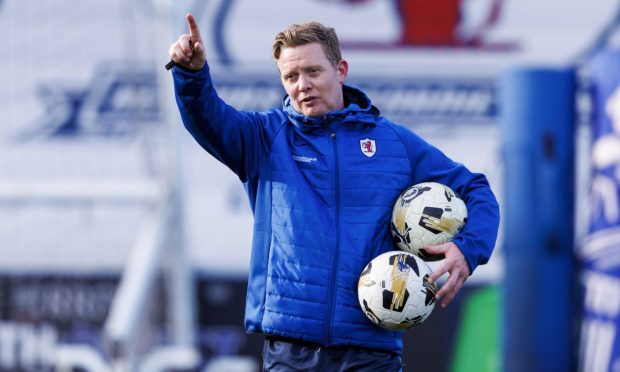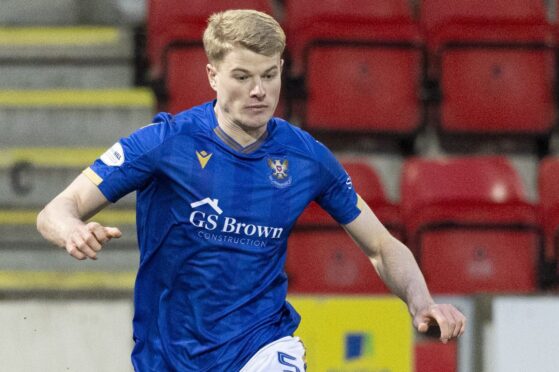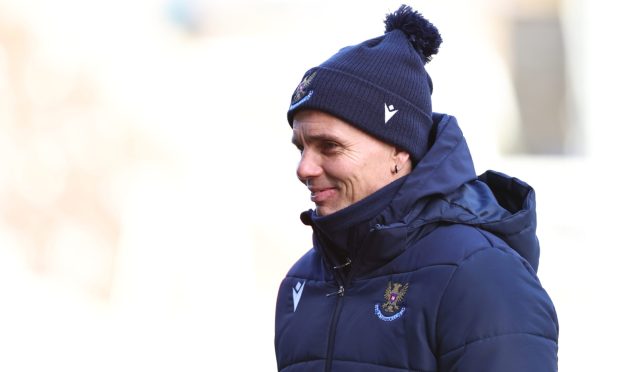Ten years ago, on December 13 2013, Dunfermline Athletic officially exited administration.
The legal process finally brought to an end an emotional rollercoaster that took the club and its supporters through some of the darkest days in its history.
The Pars were within hours of going out of business altogether, thanks to an unpaid bill of £134,000 due to Her Majesty’s Revenue and Customs.
Behind the scenes, under the tutelage of Gavin Masterton, debts of £10 million had been racked up.
But from the depths of despair came hope.
With experienced administrator Bryan Jackson of BDO brought in, fans and the local community rallied round their stricken club.
On the field, a 15-point penalty eventually resulted in relegation to League One.
Off it, Pars United brought together supporters and businessmen – future chairmen Bob Garmory and Ross McArthur among them – and a rescue package was pieced together.
Thanks to hard work and hard cash, generosity and graft, the Fifers were saved from the clutches of extinction.
A decade on, the nightmare has been consigned to history.
Courier Sport has spoken to some of the key figures in the battle to haul Dunfermline back from the brink.
Here are their stories, in their own words.
PART ONE:
The manager – Jim Jefferies
Jefferies was coming to the end of a stellar managerial career with the likes of Falkirk, Hearts and Kilmarnock. At Dunfermline, it was off the pitch he found new respect with his leadership through the tough times.
“We had a really good thing going in the Championship that season. And then all of a sudden players were coming in saying their wages were late or they were only getting so much of it. Basically, they couldn’t afford to come in.
“We went from a situation where we looked like we could go on and do well to some of the boys having the stuffing knocked out of them.
“It was a sad day when we went into administration, because any experienced player on the bigger salaries had to go. Even myself, I was thoroughly enjoying my time there but I offered them the chance to get someone else in.
“But I was asked to stay on and I said, ‘I’ll do that to help the club’.
“We even had to play a game against Falkirk on the Wednesday night when the next day the boys were meeting the administrators to get told if they had a job or not. How could you prepare for that game?
“Then you get deducted points for going into administration.
“That’s never the fans’ fault, it’s never the players’ fault or any management team’s fault, it’s the people that have been running the club.
“It was the points deduction that did us, in the end.
‘Genuine true supporters’ saved the Pars
“But I’ve got to say the response from the supporters and all the things they did was fantastic.
“There was a lot of hard work put in there, and a lot of good people who came on board – genuine true supporters and good businessmen who saved the club.
“Bryan Jackson and I got to know each other well as we all tried to save the club.
“He had to make a lot of tough decisions that a lot of people weren’t happy with, which is probably the norm for any club that goes into administration.
“Some people are going to get hurt and some people are going to be disappointed, but the bottom line is that these people who suffered, it was done to try to save Dunfermline.
“And, thankfully, through the hard work of a lot of people and the supporters rallying they managed to pull it off.”
New DAFC chairman – Bob Garmory
Garmory retired as a Dunfermline director this summer, having joined the board for the first time in September 2013 as a Pars United stalwart. He was chairman at East End Park when the club exited administration through to 2016.
“At that time there were various groups, all trying to exercise some degree of control over Gavin Masterton’s actions with regards to the future of the club.
“We were all in different trenches, but we were all fighting the same ‘enemy’.
“Going into administration in March was the act that probably made a lot of the scales fall from a lot of our eyes, and made us realise that unless we got in this together the club was not going to survive.
‘Absolute stalwart’
“Then came the response from the fan base at Dunfermline – shaking buckets, people washing cars and going for sponsored walks and so on and so forth.
“A lot of that was co-ordinated by the Pars Supporters’ Trust under the guidance of the sadly-departed Margaret Ross, who was an absolute stalwart at that point.
“There will always be some guys with greater disposable income, who can put a sum of money on the table. They are very, very important.
“But equally as important are the thousands of fans, who can put £20 in a bucket one week and then the next week.
“A lot them didn’t have the wherewithal to be throwing money at the situation constantly. But they did, and I’ll always be in awe of the things that went on.
“A lot of staff didn’t get paid but still turned up for their work, a lot of players had to leave the club almost instantly.
“All in all, it was a very difficult period and, now, thinking back on it, it seems to have merged into just another chapter in the club’s history.
“But living the pages of that chapter was was not without its challenges.
“But I would never, ever say I was sorry I got involved.
“I’ve supported Dunfermline Athletic since childhood and, for me, I was privileged to be asked to be a participant, alongside some very, very capable individuals who became the first board – Margaret Ross, Ross McArthur, Kip McBay, Billy Braisby, Ian Hunter, David McMorran and so on.
Unbroken history of Dunfermline Athletic stretches back to 1885
“When you’re sitting in a room with people who have only one intention, and that is to keep their football club alive, it’s actually quite a unique feeling.
“Nobody did it for themselves, they did it for Dunfermline Athletic.
“We’ve not had an easy 10 years, with relegations and promotions. But we can still go to East End Park and celebrate a club that didn’t go into liquidation. Because that was a distinct possibility.
“I’m glad I did it, I’m pleased I had the opportunity. Of course, I wish the circumstances had been different and we hadn’t gone into administration.
“But the club has a history from 1885 to the present day and it’s unbroken, and if I contributed in some small way to that then I feel good.”
- Part two will follow on Thursday.
